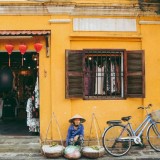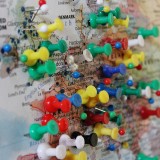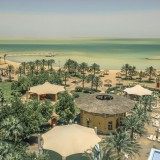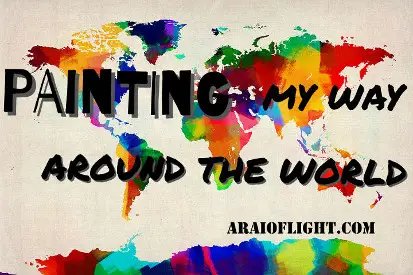Learn → How To Say HELLO in African Languages
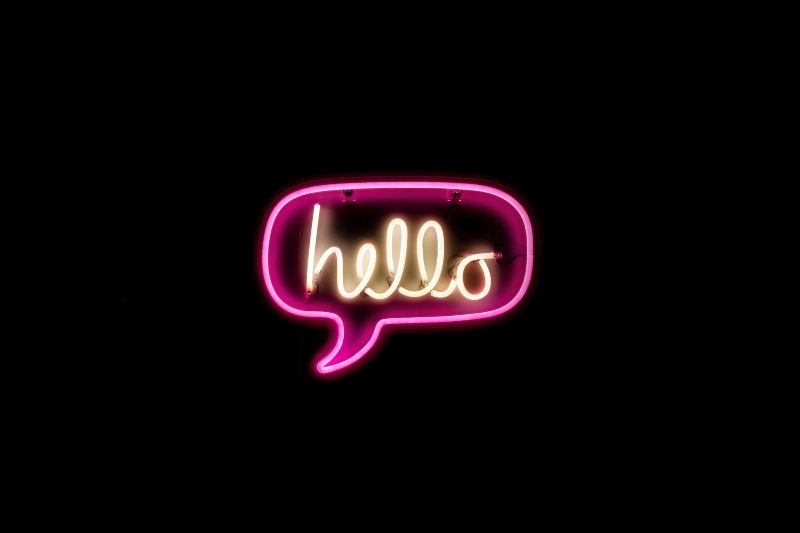
Language plays a pivotal role on the continent of Africa. Every language of Africa serves as a treasury of traditions, cultures, beliefs, and history. There is so much to learn about a place, a region, a country, or a continent by the way the citizens express themselves. Saying hello, greeting, and forming connections is a big part of life in Africa. Continue reading to learn how to say hello in African languages.
Click here to also learn how to say:
HELLO in different languages around the world.
An important travelling advantage is discovering the local language and it’s always a good idea to know a few travel words of the country you’re visiting.
So the next time you find yourself in Africa searching for the best safari, or even live on this big and beautiful continent, I’ve got you covered.
Be sure to bookmark, copy and paste, and save this post on how to say hello in the languages of Africa for future use and ease of reference.
>> Read next:
How to say I love you in African
The African word for hello is used to acknowledge the presence of another person.
Each language of these African greetings uses different words to greet, however the feeling is usually the same.
How do you say hello in Africa? Let’s get into it…. ↓↓
>> Read next:
- Revealed: The safest country in Africa (+ where to avoid)
- What are the best countries in Africa in 2025?
- Ever wondered how many countries in Africa?
- The most powerful African proverbs and quotes about Africa to live by
- Feel the rhythm: Top 100 best songs about Africa
- Why are African sunsets so pretty
- The most famous landmarks of Africa
- 10 richest countries in Africa in 2025
- What are the capital cities in Africa
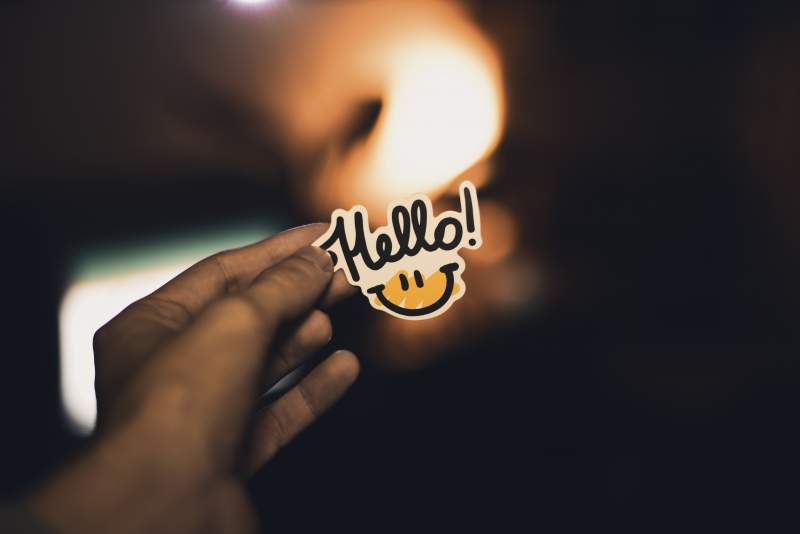
>> Want to learn how to say THANK YOU and GOODBYE too?
Read this guide to say goodbye and thank you in different languages
HELLO IN AFRICAN LANGUAGES
Here’s your ultimate guide: how to say hello in African languages of Africa.
With pronunciation.
In brackets you will find how to pronounce the word as it can often be difficult to know how to vocalise the word just by reading or looking at the direct translation.
I have included hello in all the African languages I could think of. If you don’t spot your language, let me know and I will be happy to add it to this list.
Let’s go…
>> Click here to also learn how to say:
GOOD MORNING, GOOD NIGHT, and FAMILY around the world.
Continue reading to learn how do you say HELLO in languages of Africa?
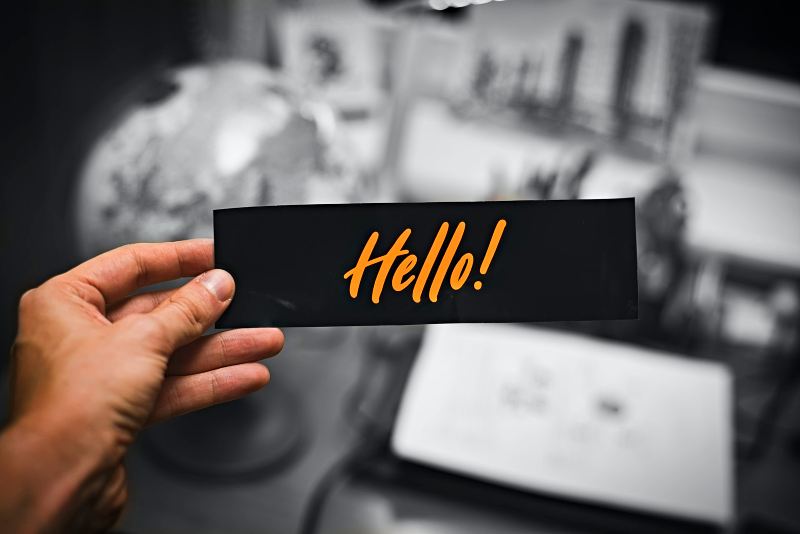
How do you say hello in African languages?
Afrikaans
- hallo (hal-low)
- howzit
— A traditional South African greeting and informal word for hello or how are you
Afrikaans is a West Germanic language of Southern Africa mostly derived from Dutch. It developed as Dutch settlers and indigenous African mixed languages beginning in the 17th century. Today, an estimated 15 to 23 million people call Afrikaans their mother tongue. It is mainly spoken in South Africa and Namibia and can also be heard in parts of Botswana and Zimbabwe.
Amharic
Hello in Amharic is:
- ጤና ይስጥል: Teanastëllën (teen-as-tell-an) — formal
- ታዲያስ: Tadiyas — informal
- ሰላም sälam — informal
- salamno (SalamnO) — male
- salamnish (SalamNISH) — female
Amharic is a Semitic language and the official language of Ethiopia. It can also be heard in Egypt and Eritrea, as well as in Israel, Sweden, Canada, and the United States.
Arabic
How to express hello in African language of Arabic:
- as-salām ‘alaykum (ahs-sahlahm ‘ah-leh-loom) السلام علیکم — formal hello
meaning peace be with you - This can be shortened to salaam سلام
- marhaba (mahr-hah-bah) مرحبا — informal hello
- ahlan (ah-lahn) — informal hello
Arabic (العربية) is a Semitic language spoken by over 420 million people as their first language in areas including North Africa, the largest country in Africa, the Arabian Peninsula, and other parts of the Middle East. Many more people can also understand it as a second language. Modern Standard Arabic is the liturgical language for 1.6 billion Muslims and is the official written form of the language with the Arabic alphabet, which is written from right to left.
Arabic speaking countries in Africa include Algeria, Chad, Comoros, Djibouti, Egypt, Eritrea, Libya, Mauritania, Morocco, Somalia, Sudan, Tunisia, and Tanzania.
Chichewa
- moni bambo to a male
- moni mayi to a female
- moni moni onse (mooni-mooni-on-se) is used as a general greeting to everyone.
Chichewa, also known as Nyanja, is a Bantu language spoken in much of Southern, Southeast and East Africa. It is the national language of Malawi and is also spoken in Zambia, Mozambique, and Zimbabwe.
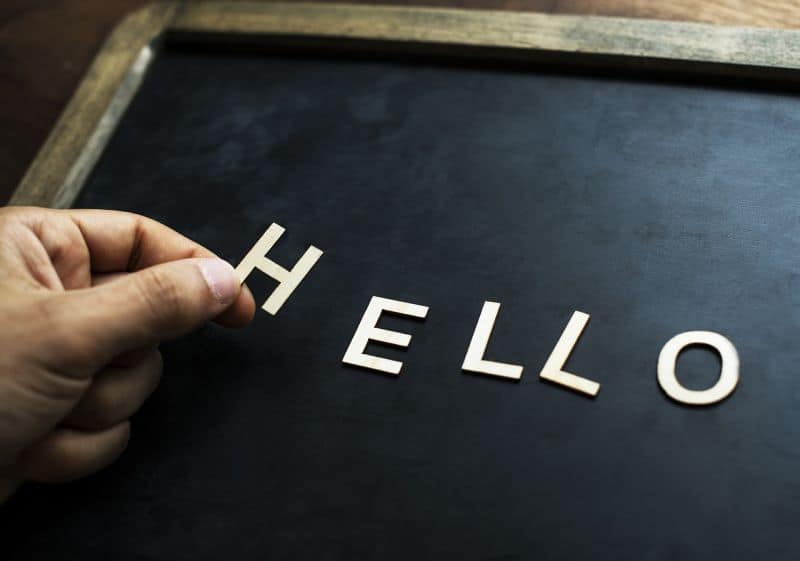
English
- hello
English is a West Germanic language that was first spoken in Anglo-Saxon England in the early Middle Ages. It is spoken in many countries around the world with over 375 million native speakers. English is the second most spoken language, and the most international language in the world.
The number of African countries that use English as one of their main languages – either as an official language or a de facto working language – equals 24.
>> Continue reading to discover more ways to say hello in Africa language.
French
How to say hello in African French:
- bonjour — good day
Bon means “good” and Jour means “day”
Bonjour is flexible and can be used both formally and informally at anytime of the day. You can use it with anyone, from a friend or family member, to someone you’ve just met. - bonsoir — good evening
- salut (sah-LUU) is another way of saying hello in multiple languages.
Informal often used with close friends and family. - coucou — very informal. Fun greeting that should only be used with friends, family, and children.
- allô when answering the phone
French is a Romance language of the Indo-European family spoken by over 354 million people in France and around the world. It is the third most spoken language in Europe, the official language of 29 countries, spoken in parts of Africa, North America, and South America.
Africa has the largest number of French speakers in the world with over 120 million people in 24 francophone countries. French is the official language of 21 countries in Africa. These include Benin, Burkina Faso, Burundi, Cameroon, Central African Republic, Chad, Comoros, Democratic Republic of Congo, Congo, Côte d’Ivoire, Djibouti, Gabon, Guinea, Madagascar, Mali, Niger, Rwanda, Senegal, Seychelles, and Togo.
Fula
- a jaaraama
- sannu
— informal African greeting
Fula, also referred to as Fulani or Fulah, is a Senegambian branch of the Niger-Congo language family spoken by more than 40 million people in Central and West Africa.
Hausa
- sannu (san-NU)
Hausa language, the most important indigenous bridge language in West and Central Africa, spoken as a first or second language by about 40–50 million people. It belongs to the Western branch of the Chadic language family within the Afro-Asiatic language phylum.
It is spoken mainly in northern Nigeria and Niger, and also in Benin, Burkina Faso, Cameroon, the Central African Republic (CAR), Chad, Congo, Eritrea, Germany, Ghana, Sudan, and Togo.
Igbo
- nnọọ
- ndewo
Igbo is the principal native language of the Igbo people of southeastern Nigeria with around 45 million speakers and over 20 dialects.
Kanuri
- ushé-ushé
— is the Kanuri phrase for hello in Africa
Kanuri is language within the Saharan branch of the Nilo-Saharan language family spoken by approximately four million people in Nigeria, Niger, Chad, and Cameroon.
Kikuyu
- wĩmwega
Kikuyu or Gĩkũyũ is a Bantu language of the Niger-Congo language family that is spoken as a first language by over 6.6 million Agĩkũyũ people in Kenya.
Kinyarwanda
- muraho bite — informal
- uraho
Kinyarwanda, an official language of Rwanda, is a Bantu language of the Niger-Congo language family that is spoken by at least 10 million people in Rwanda, DR Congo, and Uganda.
Kirundi
- bwakeye
- amahoro (a-ma-ho-ro)
Kirundi, or Rundi, is a Bantu language of the Niger-Congo language family, spoken by over 9 million people in Burundi where it is the official language. It is also spoken in parts of Tanzania, the Democratic Republic of the Congo, and in Uganda.
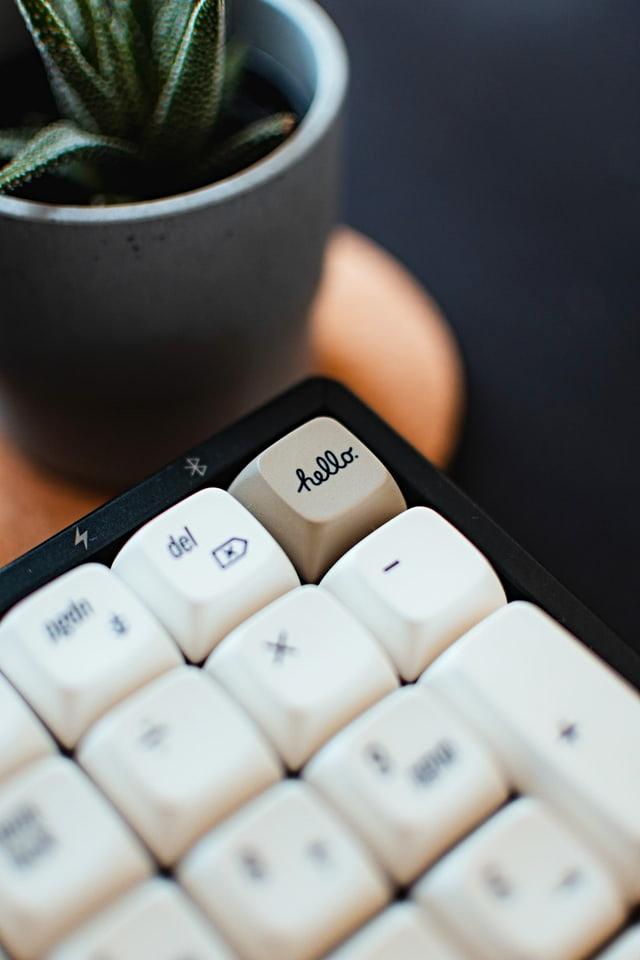
Lingala
- mbote (mboh-teh)
Lingala is a Bantu language spoken throughout the northwestern part of the Democratic Republic of the Congo and a large part of the Republic of the Congo by over 70 million people.
Luganda
- ki kati (chi kati) — informal hey
- oli otya to one person
- muli mutya to a group
Luganda, a Bantu language, is an official language of Uganda along with English and Swahili. It is spoken primarily in Kampala, but may be understood in much of the country and in the African Great Lakes region.
Malagasy
- salama(sah-lAHm-ah) — hello
- manao ahoana (man-ow ah-ohn-ah) — how is it
Malagasy is the national language of Madagascar belonging to the Austronesian Malayo-Polynesia family of languages spoken by 25 million people.
Mauritian Creole
- bonzour (bon-zoor)
- allo (ah-low) — informal hi
Mauritian Creole or Morisien, the de facto language of Mauritius, is a French-based creole language that is closely related to the Rodriguan, Seychellois, and Chagossian Creoles.
Moroccan
- اسلا عليكم (ssalamū ‘lekum)
- الو (alu)
Moroccan Arabic, also known as Darija, is a form of vernacular Arabic spoken in Morocco. It is part of the Maghrebi Arabic dialect continuum, with over 30 million native speakers.
Ndebele
- salibonani
Ndebele, an African language of the Nguni group of Bantu languages, is spoken by around 5 million Northern Ndebele people of Zimbabwe.
Nkore
- oraire ota
- osiibire ota
Nkore or Runyankore is a Bantu language of the Niger-Congo language family spoken by approximately 2.3 million Nkore people of south-western Uganda.
Northern Sotho / Sepedi
- dumela (doo-MAY-lah) when addressing a single person.
- dumelang (doo-MAY-lang) when speaking to more than one person
- khotso (coat-so) — casual hello
Northern Sotho is a Bantu language spoken primarily in South Africa, where it is one of the 11 official languages. It is spoken by about 4.2 million people in the South African provinces of Gauteng, Limpopo and Mpumalanga.
Oromo
- akkam
Oromo is a Cushitic language spoken by about 30 million people in Ethiopia, Kenya, Somalia and Egypt. It is the third largest language in Africa.

Portuguese
How to say hello in African Portuguese:
- olá (oh-LAH) — formal hello
- oi — casual hi
- bom dia — good day
Portuguese (português) is a Romance language spoken as the official language of Portugal and Brazil. It is also the official language of the African islands of Cape Verde, Guinea-Bissau, São Tomé e Principe, Angola, Mozambique, and the co-official language of East Timor and Macau. There are around 200 million native Portuguese speakers.
There are six countries in Africa where Portuguese is the main language and these include Cape Verde, Equatorial Guinea, Guinea-Bissau, Sao Tome, Principe, Angola, and Mozambique.
Sesotho
- dumela (doo-meh-lah) when speaking to one person
- dumelang (doo-meh-lang) when speaking to more than one, meaning hello to all
Sesotho (Sotho) is a Southern Bantu language of the Sotho-Tswana group, spoken primarily by the Basotho in Lesotho, where it is the national and official language, South Africa, where it is one of the 11 official languages and in Zimbabwe where it is one of 16 official languages.
Seychellois Creole
- allo
Seychellois Creole, or Seselwa, is a French-based creole language of the Seychelles, the smallest country in Africa, where it is one of the official languages.
Shona
- mhoro
Shona, one of the most widely spoken Bantu languages, is the main language in Zimbabwe.
Somali
- salaam alaykum
Somali, an Afro-Asiatic language spoken by over 16 million people, is an official language of Somalia, a national language in Djibouti, and a working language in the Somali Region of Ethiopia.
Spanish
How to say hello in African Spanish:
- ¡hola! (O-laa)
You can use hola in both formal and informal settings, at any time of day or night.
To be time-specific, you can use:
- buenos dias — good morning
- buenas tardes — good afternoon
- buenas noches — good night
Spanish is the second most widely used language in the world natively spoken by more than 437 million people including Spain, most of Central and South America, Mexico, and the USA. There are over 21 countries in the world that have Spanish as their official language. It is a Romance language that originated in the Iberian Peninsula.
Equatorial Guinea is the only Spanish-speaking country in Africa.
Swahili
Swahili for hello:
- hujambo
- jambo
- habari gani — what is the news?
Swahili is a Bantu languages spoken by the Swahili communities in Kenya, Tanzania, Uganda, Rwanda, Burundi, Mozambique, and the Democratic Republic of Congo.
Swati
- sawubona (sah-woo-boh-nah)
Swati is a Bantu language of the Nguni group spoken in Eswatini and South Africa by the Swazi people. It is the official language of Swaziland (along with English) and since 1994 one of the nine indigenous languages to enjoy official recognition in South Africa. The number of speakers is estimated to be in the region of 2.4 million.
Tarifit
- Hello in Tarifit is azul, which means “peace”
- ola
Tarifit is spoken by 8 million speakers in Arrif (Northern Africa) and Schengen countries.
Tigrinya
- ሰላም ሃለው (selam halewi)
- ቻው (chawi)
- ከመይ ዊዕልኩም (kemeyi wī‘ilikumi)
Tigrinya is a Semitic language commonly spoken by around 9.85 million people in Eritrea and in the Tigray Region of Ethiopia.
Tshivenda
- ndaa
— as a male - aa
— as a female
Tshivenda or Venda is a Bantu language spoken by the Venda people of South Africa where it is an official language.
Tsonga
- minjhani
- when saying hello to adults
- kunjhani
- when greeting your friends or children
- when greeting your friends or children
Tsonga is a Bantu language spoken by the Tsonga people totalling 12 million people mainly in South Africa, but also Mozambique and Eswatini.
Tswana
- dumela (doo-meh-lah)
Tswana is a Bantu language spoken by about 4.4 million people in Bostwana, where it is the national and majority language, Namibia, Zimbabwe, and South Africa. The majority of speakers, about 3.6 million, live in South Africa, where the language is officially recognised.
Twi
- agoo
Twi, or Akan kasa, is a dialect of the Akan Niger-Congo language family spoken by the Akan people in southern and central Ghana.
Wolof
- salaam alaikum (sa-laam a-lay-kum)
Wolof is a national language of Senegal, where it is spoken by approximately 5.4 million people as a first language. It belongs to the Atlantic group of the Niger-Congo language family and is the native language of the Wolof people.
Xhosa
- molo
Xhosa is a Nguni Bantu language with click consonants and is one of the official languages of South Africa. It is spoken as a first language by approximately 8.2 million people and by another 11 million as a second language in South Africa, mostly in Eastern Cape Province.
Yoruba
- bawo ni
Yoruba is a pluricentric language spoken in West Africa with the number of speakers estimated between 30 and 40 million. It is a language spoken principally in Nigeria and Benin, with communities in Sierra Leone, Liberia, other parts of Africa.
Zulu
Hi in African Zulu:
- sawubona (sah-woo-boh-nah)
Zulu is a member of the Bantu/Nguni family of languages. It is one of the official languages of South Africa spoken by about 10 million people mainly in Zululand and northern Natal in South Africa and also in Botswana, Lesotho, Malawi, Mozambique, and Eswatini.
Thanks for reading this article on how to say hello in African language…
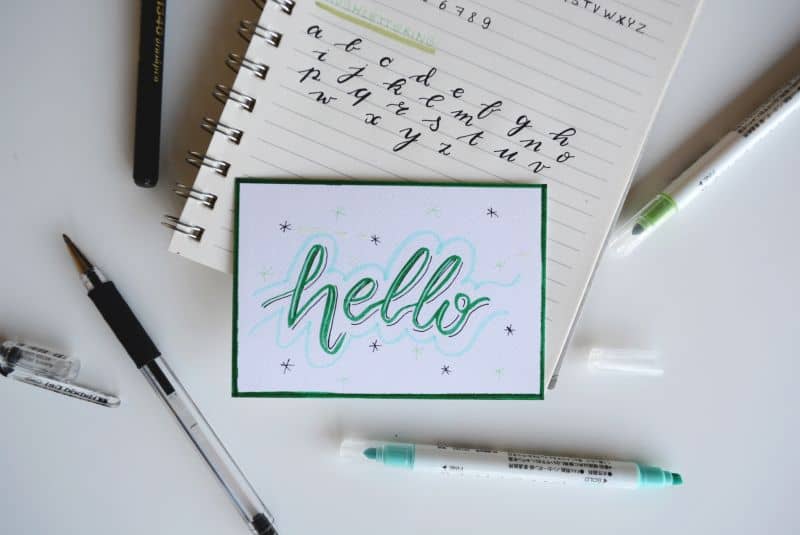
LEARN THESE OTHER WORDS TOO!
MY LOVE: How to say my love in other languages
LIGHT: The word for light in different languages
GOOD DAY: Read this guide to say good morning different languages
FRIENDSHIP: Learn the word friends in different languages
CHEERS: How to say cheers in different languages
HELLO: Read this guide to say hi in different languages of the world
BIRTHDAY:Ways to say happy birthday in many languages
BEAUTIFUL: Learn how to say beautiful in different languages
LOVER: different languages for lover
THANK YOU: Read this guide to say thanks in every language of the world
LOVE: The word for love in different languages
Aaaaaaaand now you know how to say hello in every African language.
Greetings from Africa <3
Rai
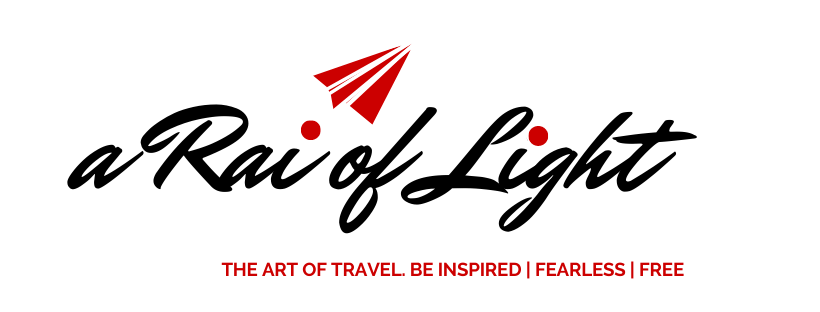
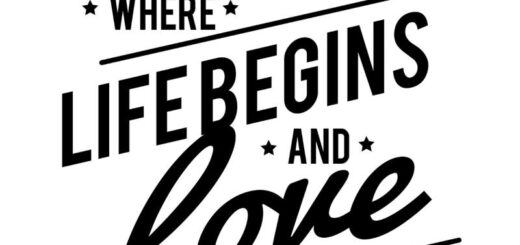
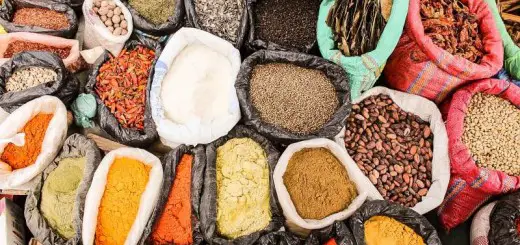
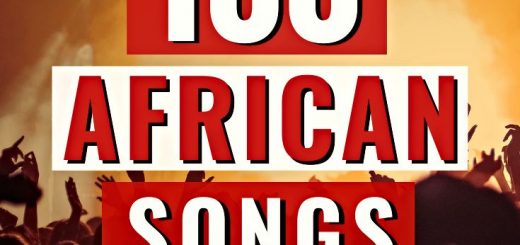
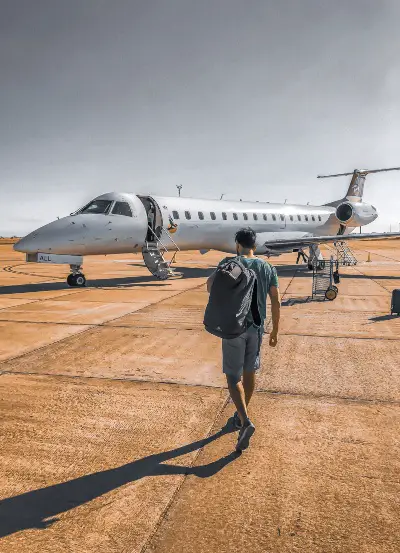 New Here?
New Here? 

